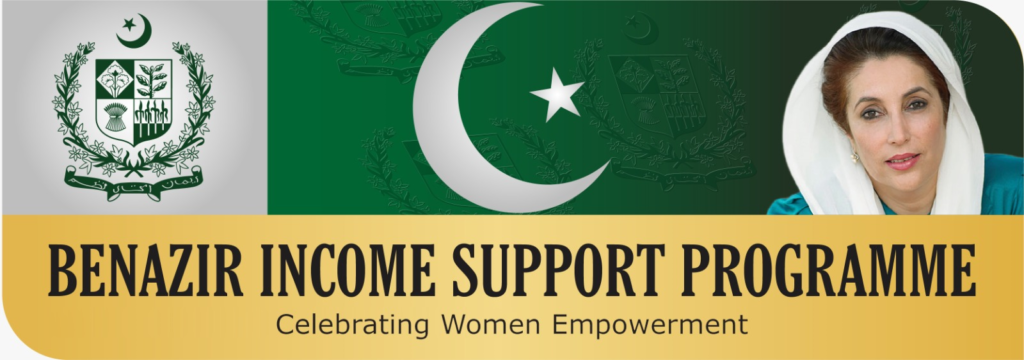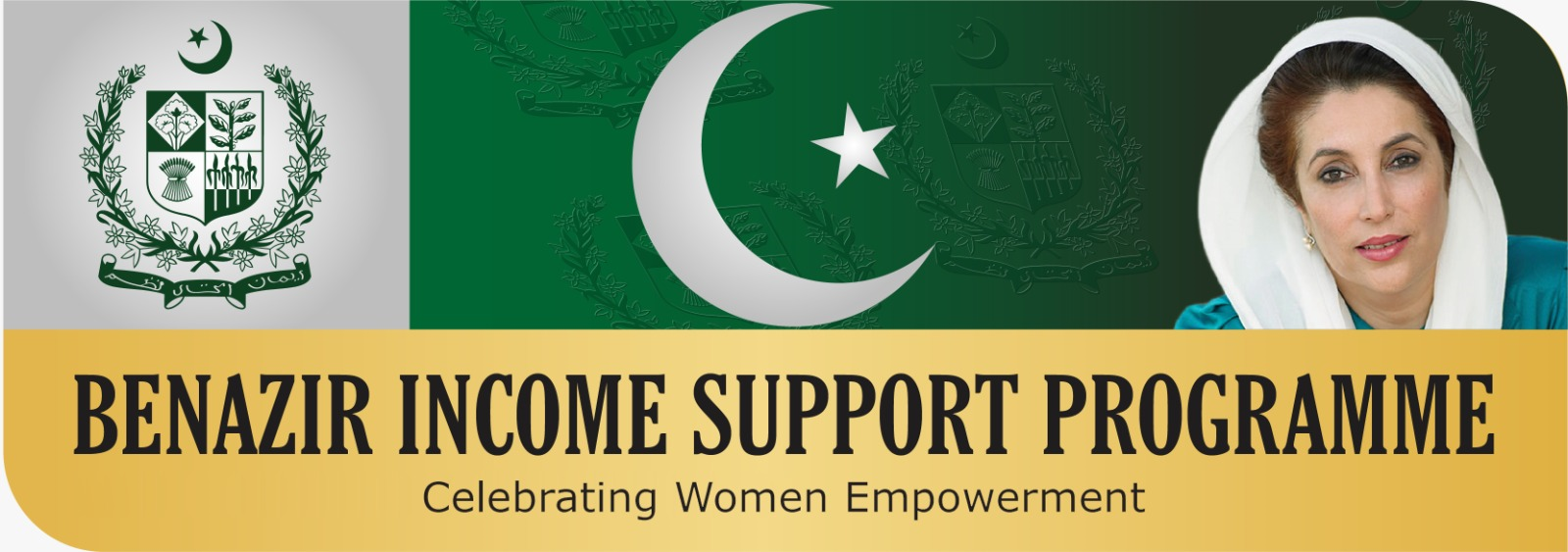Benazir Income Support Programme (BISP) – Explanation
What is BISP?
BISP is a government program in Pakistan that gives cash to poor families to help them with their daily needs. It started in July 2008 and is the biggest welfare program in the country. In 2016, it helped 5.4 million families by giving them Rs. 90 billion (about $900 million).
- The UK government (DFID) supported the program with $244 million (27% of funds) in 2016, while the rest came from Pakistan’s government.
- A separate Ministry of Poverty Alleviation was created to manage BISP.

History of BISP:
- Started by Prime Minister Yousaf Raza Gillani on the advice of President Asif Ali Zardari.
- Named after Benazir Bhutto, Pakistan’s former Prime Minister, who was killed in 2007.
- Created because rising prices of food and fuel made life harder for poor families.
- Aims to reduce poverty and empower women by giving money directly to them.
Growth of BISP:
- 2008-2009: Helped 3 million families (1.5% of Pakistan’s population).
- 2009-2010: Expanded to 5 million families.
- Budget increased from Rs. 34 billion ($425 million) in 2008 to Rs. 70 billion ($875 million) in 2009.
- Now, BISP is the third biggest expense in Pakistan’s budget, using 0.3% of GDP.
New Initiatives:
- Waseela-e-Taleem: Gives money only if children go to school.
- E-commerce Platform: Launched in 2017 to help beneficiaries.
How BISP Works
- Available in Punjab, Sindh, Balochistan, Khyber Pakhtunkhwa, Azad Kashmir, and Islamabad.
How Families Are Selected:
- Earlier (2008): Members of Parliament (MPs) chose beneficiaries, leading to favoritism.
- Now (Since 2009): Uses a Poverty Scorecard (approved by the World Bank). Families answer 13 questions about their income and assets to check eligibility.
Other Programs Under BISP:
- Waseela-e-Haq: Small loans for women to start businesses.
- Waseela-e-Rozgar: Free job training for 1 year.
- Waseela-e-Sehat: Money for health care.
- Emergency Help: Cash for families affected by disasters (earthquakes, wars, etc.).
Who Can Get BISP?
Eligible Families:
- Earn less than Rs. 25,000 per month (~$90).
- Must have a female applicant with a valid ID card.
- Widows, divorced women, and families with disabled members get priority.
Which households cannot benefit from the Benazir Income Support Programme?
- Government employees (including army/police).
- People with pensions or government benefits.
- Families owning more than 3 acres of land or big houses (80+ sq. yards).
- People with bank accounts (except microfinance accounts).
- Those who have an urgent passports or overseas ID cards.
Benefits of BISP
- Families get Rs. 13,500 every 3 months (about Rs. 4,500 per month).
- For a poor family earning Rs. 2,800/month, this is a 20% increase in income.
- Helps buy flour for 20-25 days for a family of 5-6.
Problems & Criticism
- Too Little Money:
- Rs. 1,500/month is not enough to escape poverty (needs Rs. 2,550/month).
- No Conditions Earlier:
- Unlike other countries (e.g., Latin America), BISP did not require school attendance or health check-ups (but now Waseela-e-Taleem is changing this).
- Corruption & Bias:
- Earlier, MPs favored friends/family for benefits.
- More help given in PPP-ruled areas (e.g., Sindh) than opposition areas (e.g., Punjab).
- Post office agents sometimes took extra money (Rs. 100-200) to deliver cash.
- Need for Better Checks:
- Some experts say BISP should be studied more to see if it really helps.
- Others argue poverty is due to big social problems, not just lack of money.
